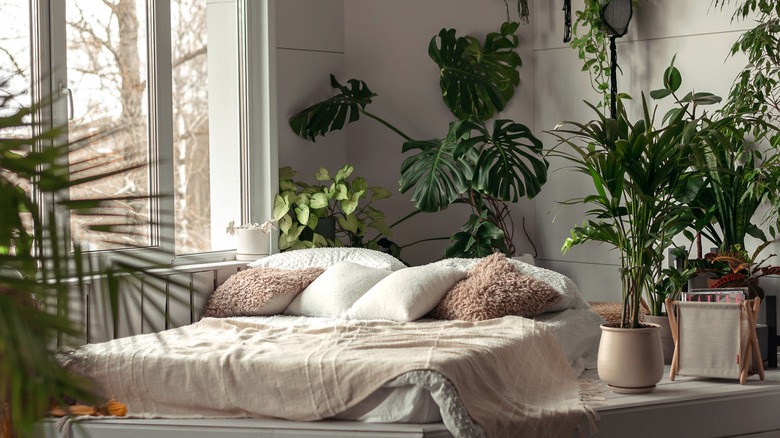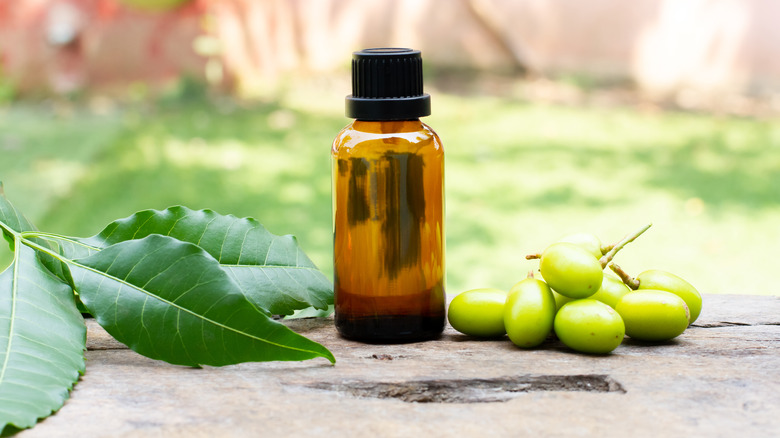Is It Safe To Use Systemic Insecticides On Your Indoor Houseplants?
As a plant lover, you naturally want to keep your indoor plants healthy and thriving. Yet even when plants are kept indoors, pests like aphids, whiteflies, and spider mites can start to take over, causing a mess in your home and damaging your plants. It can be tempting to reach for a powerful systemic insecticide to get rid of bugs on your indoor plants. However, it's important to consider the safety and health implications of using these chemicals, not just for your plants, but also for you, your family, and your pets.
Systemic insecticides are a type of pesticide that gets absorbed by the plant and distributed throughout its tissues, including the leaves, stems, and roots. They are designed to target pests that feed on the plant and can be effective in controlling a wide range of bugs. Incidentally, they can also kill off beneficial insects like bees. Though they work well to kill pests, they can be harmful to people and pets if not used properly.
Systemic insecticides have some safety concerns
Systemic insecticides usually come in granules or stakes that you stick in the soil. Using them can seem like a good way to avoid exposure to chemicals found in insecticide spray, since they won't infiltrate the air. However, certain chemicals in these pesticides are still toxic and can cause adverse effects. In particular, neonicotinoids are thought to compromise brain and sperm health, as per the National Resources Defense Council, though more research has to be done. If you overwater your plants and the water drips out of the pot — or if a pet or child knocks over a planter — you can potentially leave harmful potent pesticides around the house. To minimize the risks, it's important to follow the instructions on the label carefully and avoid touching the plant or inhaling the chemicals when applying the insecticide. It's also a good idea to keep children and pets away from the plant for a few days after application.
Pets are also vulnerable to the effects of systemic insecticides since they can chew on plants and even eat bugs that have been poisoned. If your pet ingests a plant that has been treated with the deterrent, it may experience vomiting, diarrhea, and lethargy. In severe cases, it can even be fatal. Keep treated plants out of reach, and monitor your pets for any signs of illness after application. If you suspect your pet has ingested a treated plant, seek veterinary attention right away.
Try these alternatives to systemic insecticides
Fortunately, there are several alternatives to systemic insecticides that are safer for both people and pets. You can first try to control your plant's living space since keeping your plants healthy and well-maintained can help prevent pest infestations. Make sure to provide adequate light, water, and nutrients. This ensures the plant is healthy and strong enough to easily combat potential infestations. Plus, too much water that results in ongoing wet soil can attract fungus gnats. Also, be sure to get rid of any debris that can harbor pests. Remove brown and dead leaves, stems, and branches.
Organic pesticides are another option. Several can be made from natural ingredients and are generally safer for people and pets than synthetic pesticides. Some effective options include sprays made from neem oil or essential oils such as peppermint or citrus. Neem oil is nontoxic to people and pets. If you have any concerns about the safety of a pesticide, always check in with your doctor or vet before using it.


